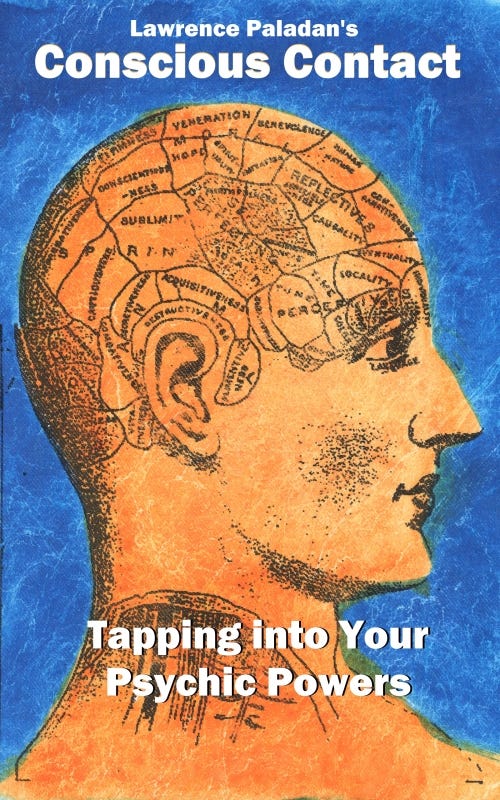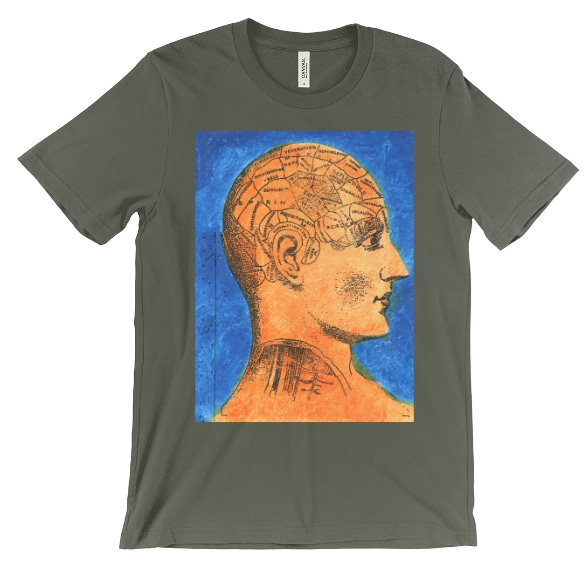The great news this week is that I signed an agreement with an exclusive music library for them to take on 10 of my ambient recordings.
Calling them “songs” is a little strange to me. It’s not like I composed them in the traditional sense. They just arrived one day. To me, “songs” have structure. My recordings are freeform soundscapes.
Once I’m done modifying the recordings to their specifications, and sending them off, the library will try to get the recordings used by the entertainment industry in various ways. There’s no guarantee they’ll be used.
The music industry calls it “synchronization licensing”, or “sync licensing”, or, simply, “sync”.
I started down this road a few years ago. Sync was a completely alien side of the music biz to me. I took some courses to understand it better. I’ve been paying for a DISCO.AC account to group specific recordings for pitching to sync license agencies and libraries. My wife, Ann, researched the libraries, built an Airtable database full of details, and applied a guesstimate “rank” of relevance. Then I slowly started submitting to a handful of companies in 2023. Every submission has to be tailor-made. It’s a bit of work.
The company I did the deal with was submitted to in August 2023. In March 2024, they contacted me about wanting to do a deal. And here we are in April 2024.
Most submissions are unanswered, and that’s normal. I did receive a couple of rejections last year. So it’s possible that a company I submitted to a year ago might get back to me later in 2024, or beyond. They do get a lot of submissions.
One thing I have casually mentioned, but not explicitly promoted, is my work creating cover art for books. I create a lot of cover art for the audio recordings I release, but that work has extended to book covers after a friend asked me to help get some of his writings published on Amazon KDP.
I don’t write the books. I do sub-editing, formatting, work on the cover art, and everything else involved with getting the book published. I’ve been doing it for a couple of years.
So I made the cover art for the Lawrence Paladan book “Conscious Contact: Tapping into Your Psychic Powers”. At the time I sub-edited it, I played the text in Microsoft Word using the voice, and I told the writer that I thought it would sound good as an audio book. However, I was not willing to record the reading of the book. That’s a lot of work. A lot of editing!
This past week, out of the blue, Amazon contacted us about making available some of the published titles as audio books using a “virtual voice”. It’s a beta program that Audible and KDP are doing to get more eBooks and paperbacks published as audio books. I listened to some of the voices, and liked one in particular, and made it happen.
After the audio book of Conscious Contact published, I bought a copy and listened to the entire thing. There’s also a 5 minute sample of the “virtual voice” on that link, in case you’re curious about how good it sounds. To me, it sounds “pretty good”.
Seeing the cover again, I was happy with my work on it, so I took the artwork and turned it into a t-shirt at the Mark Rushton Gallery:
Now for the “not so good” news of the week.
I ran into problems with the new Amazon Merch account. It seems that using the word “Volkswagen” to describe a Volkswagen Double Cab Pickup is a violation of their content policy.
Well, it’s not a copyright violation. I’m merely describing what’s in the photo I took.
And it can’t be a trademark violation because I’m not claiming to be Volkswagen.
Obviously, Amazon Merch has some strange boundaries, so I’m cooling quite a bit on putting some of my artwork there. For now, the VW Double Cab image will remain in the Mark Rushton Gallery:
The other mess was uncovered when I had to do some administrative things for the recordings headed to the library.
Songtrust, a company I’ve been using for 5 years to handle worldwide administration of my mechanical and publishing royalty collection, is not only impossible to contact (you can fill out a form, but it’s been weeks and no response - I’ve sent another request - there’s no queue in my account to see the tickets). But, even worse, Songtrust hasn’t been registering a lot of my recordings with ASCAP, my performance rights organization.
One artist name I publish under has had only 23 out of 119 recordings registered with ASCAP by Songtrust. And while it takes some time for registration to occur, it doesn’t take a year, or multiple years.
So if Songtrust can’t have a mature incident ticketing system for their customers - to whom I pay 15% of my mechanical and publishing royalties - and can’t register my songs with ASCAP in the US, then that’s a problem. They cannot perform their basic duties as a business.
You can’t switch administrators on a dime, so for now I’ll call Songtrust’s parent company, Downtown Music, and see what’s going on. But I’m definitely going to start calling around to other companies, such as Kobalt and Warner.






